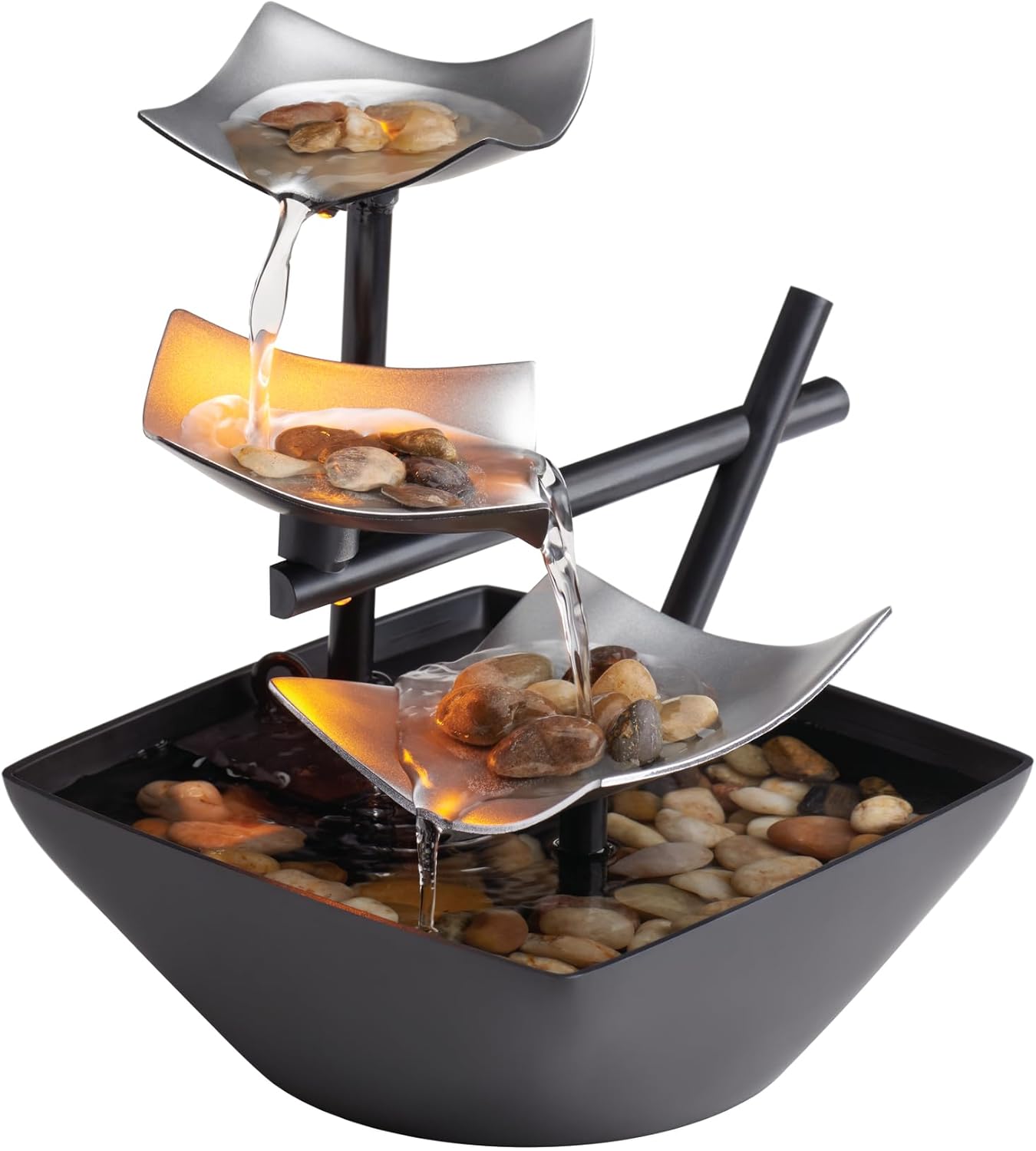Can the simple act of playing music around your plants truly make a difference in how they grow or is it just another gardening myth passed down over time? As you explore new ways to support plant growth, the idea that music affects how your plants bloom may raise both curiosity and skepticism. You might wonder: is it the soothing melody, the rhythmic vibration, or the type of music like classical or rock that makes a real difference?
Fact. Music can affect plant growth and help plants bloom, depending on the type of music and frequency of sound. Studies suggest that certain vibrations, especially from classical music, may stimulate growth, while harsh sounds like loud rock music could stress plants and hinder their development.
Researchers and greenhouse gardeners have long debated whether sound waves can help plants grow better, with experiments revealing how certain vibrations may influence the way plants respond to their environment. Could violin solos or soft background music actually help them grow stronger, flower earlier, or even thrive in less-than-perfect conditions?

Stocking Stuffers, Powerful Crystal Clear Sound, IPX5 Waterproof, All Day Playtime, BT 5.3, TWS Paring, Small Wireless Speaker for Outdoor, White Elephant Gifts.
In this post, you’ll uncover whether music helps plants grow or if it’s simply a myth. From exploring the effect of music on plants to how different types of music from classical music to rock music impact their health, you’ll learn what happens when plants are exposed to sound. You’ll also discover how the right vibration might just give your garden a new rhythm.
How Does Music and Plant Vibration Impact Real Plant Growth

The Science Behind Playing Music for Plants
The idea behind playing music for plants may seem unusual, but it’s supported by principles of botany and scientific studies. Plants don’t “hear” sound the way humans do, but they can sense vibrations. Sound waves are capable of creating subtle vibrations in the surrounding air and soil, and these vibrations may influence a plant’s growth rate, nutrient uptake, and cellular activity.
One popular theory is that music helps stimulate plant hormones responsible for photosynthesis, germination, and overall plant growth. While the mechanisms are still being explored in horticulture and plant science, early studies suggest that sound vibrations especially those with steady frequencies can encourage new growth and increased growth in some species.
Scientific Studies and Real-Life Experiments
A well-known experiment by Dorothy Retallack in the 1970s explored how different types of music impacted plants. She exposed balsam plants to classical music, jazz, and rock. The exposed balsam plants to classical music thrived, with upright stems and healthy leaves, while those exposed to loud metal music or death metal wilted or leaned away from the speakers.
In another test, plants grew better and showed similar growth patterns when exposed to classical and jazz music, suggesting that soothing music like violin music, raga music, or soft jazz music might be good for plants. On the other hand, harsh and erratic frequencies caused stress responses and limited biomass development.
Do Different Genres of Music Help Plants Grow?
The sound of music seems to influence how plants transport nutrients and process light, but not all genres of music yield the same results. While classical and jazz music often promote positive changes in growth and blooming, metal music has been linked to stunted or irregular development.
It’s believed that certain types of music, especially those with balanced rhythms and frequencies, are more harmonious with natural biological processes. That’s why playing music actually matters it’s not just any sound, but the types of music and sound you choose that affect how plants are able to respond.

Home Décor Soothing Sound Machine – Automatic Pump, Deep Basin & Natural River Rocks. Indoor Zen Relaxation for Office, Living Room, or Bedroom, 8.25” Tall.
Practical Plant Care Tips for Using Music
If you want to try this in your own garden or with your indoor plants, start by playing gentle music for short periods perhaps two to three hours a day. Make sure your plants are not too close to the speakers to avoid overwhelming them with sound pressure. Use genres of music like classical, violin, or jazz to observe how your plants react over time.
When you play music that is harmonious and calming, it might just be the extra care your plants need to flourish. The practice of playing music for plants can complement other plant care methods and promote a more nurturing environment.
Conclusion
The question of whether music affects plant growth and helps plants bloom is no longer just a curious myth—it’s a scientifically supported possibility. From the sound of music to the types of music and sound used, evidence shows that playing music actually has measurable effects on the growth of plants. When plants are exposed to gentle, rhythmic vibrations especially from classical and jazz music—they often show signs of increased growth, better structure, and earlier blooming. On the other hand, erratic sounds like death metal or harsh rock music may disrupt growth or cause stress.
Whether you’re nurturing indoor plants or tending a greenhouse, incorporating soothing music like violin music or raga music into your routine may be a simple yet effective form of plant care. While more research is still unfolding in botany and horticulture, early findings suggest that the right genres of music can truly be good for plants and help them grow.
Ready to experiment with your own garden? Try playing music for plants regularly and see how your green friends respond. Tune in to the power of sound because sometimes, helping your plants grow better might be as simple as pressing play.

APP & WiFi Controlled Smart Indoor Garden with Adjustable 24W Grow Light Full Spectrum, 10 Pods Planter Indoor Gardening for Gifts, Kitchen, Vegetable.
